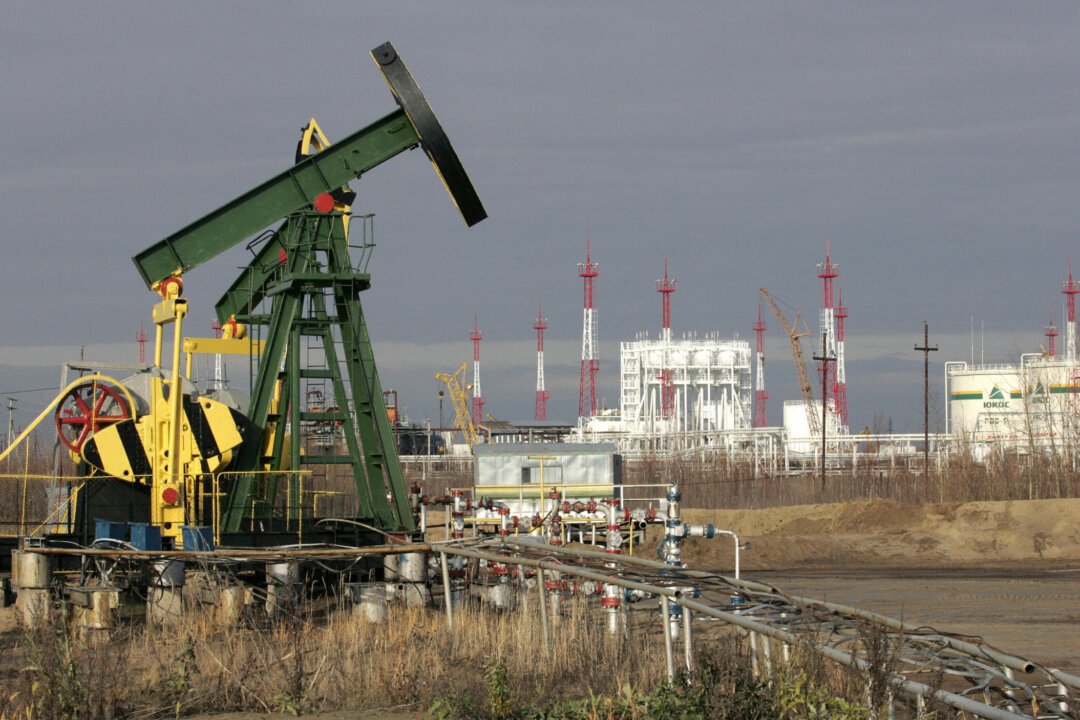
The G7 is gearing up for a crucial decision that could significantly impact the ongoing conflict in Ukraine: a potential further reduction in the price cap on Russian oil. The European Commission recently proposed a new sanctions package against Russia, including a dramatic drop in the price cap from $60 to a significantly lower $45 per barrel. This move aims to further cripple Russia’s war machine by slashing its vital oil revenue.
This isn’t a solo effort; the G7 – encompassing the United States, Britain, Canada, France, Germany, Italy, and Japan – is central to this strategy. The proposed reduction, part of an 18th sanctions package targeting Russia’s energy, banking, and military sectors, will be a key topic of discussion at an upcoming G7 summit in Canada.
European Commission President Ursula von der Leyen voiced her confidence in a collective G7 decision to lower the cap, highlighting the previous success of the price cap mechanism. “My assumption is that we [reduce the price cap] together as the G7,” she stated. “We started that as G7, it was successful … and I want to continue this measure as G7.” The effectiveness of this strategy, however, remains a subject of ongoing debate, with its checkered past raising questions about its future impact.
The upcoming G7 meeting will be pivotal in determining whether this ambitious plan moves forward, and if so, what implications it will have on global energy markets and the ongoing conflict.

